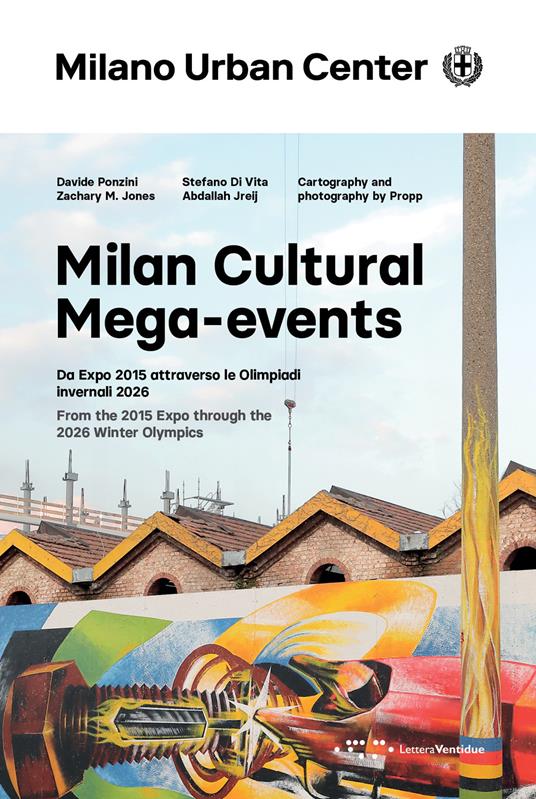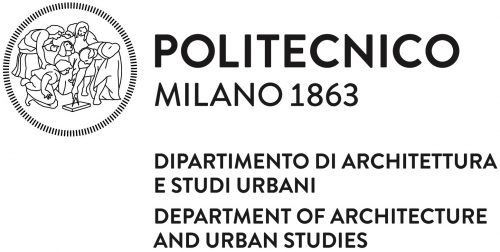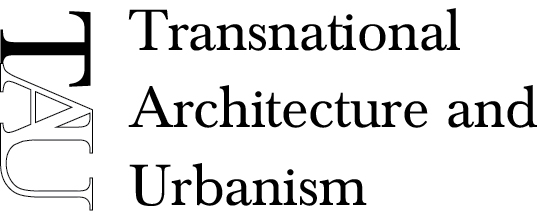Ripp M, Gustafsson C, Jones Z, Majumdar S, Ginzarly M. Historic Urban Landscapes and Heritage Systems as the Basis for Sustainable Urban Development. Land. 2025; 14(9):1783. https://doi.org/10.3390/land14091783
Category: Publications Archive
Milan Cultural Mega-events: From the 2015 Expo through the 2026 Winter Olympics
Milan is undergoing significant transformations. Its city image and reputation as an international tourist destination have been on the rise, along with developments in its business and real estate market. These transformations are often perceived as closely linked to the city’s cultural vibrancy and its two mega-events: the 2015 Expo and the upcoming 2026 Winter Olympics. However, the relationship between these mega-events and smaller cultural and entertainment activities in the city has received limited attention. Furthermore, Milan’s cultural heritage is frequently considered merely a component of the city’s image. While the positive impact of these transformations is visible and celebrated, the potential difficulties, and uneven effects they may entail often remain unexplored and unaddressed. Milan Cultural Mega-Events critically examines the planning, implementation, and legacy of these mega-events from urban and cultural perspectives. It highlights the achievements as well as the limitations of the complex governance of mega-events and explores ways to improve Milan’s trajectory through its “mega-event decade” and beyond.
Ponzini, D., Jones, Z.M., Di Vita, S., Jreij, A., Propp (2024) Milan Cultural Mega-events: From the 2015 Expo through the 2026 Winter Olympics. Milan: Lettera Ventidue

by Davide Ponzini, Zachary M. Jones, Stefano Di Vita, Abdallah Jreij with Propp
Available at Lettera Ventidue
Revisiting the spatial relationships between mega-events and host cities
Jones, Z. M. (2024). Revisiting the spatial relationships between mega-events and host cities, in B. Grabher and I.R. Lamond (Eds.) Events and Infrastructures: Critical Interrogations. London: Routledge. 13 pages. DOI: 10.4324/9781003369165
Urban heritage fragility and antifragility: Matera and the 2019 European Capital of Culture
Ponzini, D., Jones Z.M., Tommarchi, E., D’Armento, S., Scandiffio, A., Bianchini, F. (2024) ‘Urban heritage fragility and antifragility: Matera and the 2019 European Capital of Culture’, in F. Curci and D. Chiffi (Eds.) Fragility and Antifragility in Cities and Regions. Edward Elgar Publishing, pp. 198–212. DOI: 10.4337/9781035312559.00021.
Sports as Well-Being Practice: The Diversification of Tourism Through the Integration of Sport, Wellness, and Health
Bortolotti, A., Jreij, A., Mazza, F., & Vecchi, V. (2024). Sports as Well-Being Practice: The Diversification of Tourism Through the Integration of Sport, Wellness, and Health. In A. Arcidiacono & S. Di Vita (Eds.) Beyond the 2026 Winter Olympic Games: Sustainable Scenarios for the Valtellina Mountain Region (pp. 63-81). Singapore: Springer Nature Singapore.

